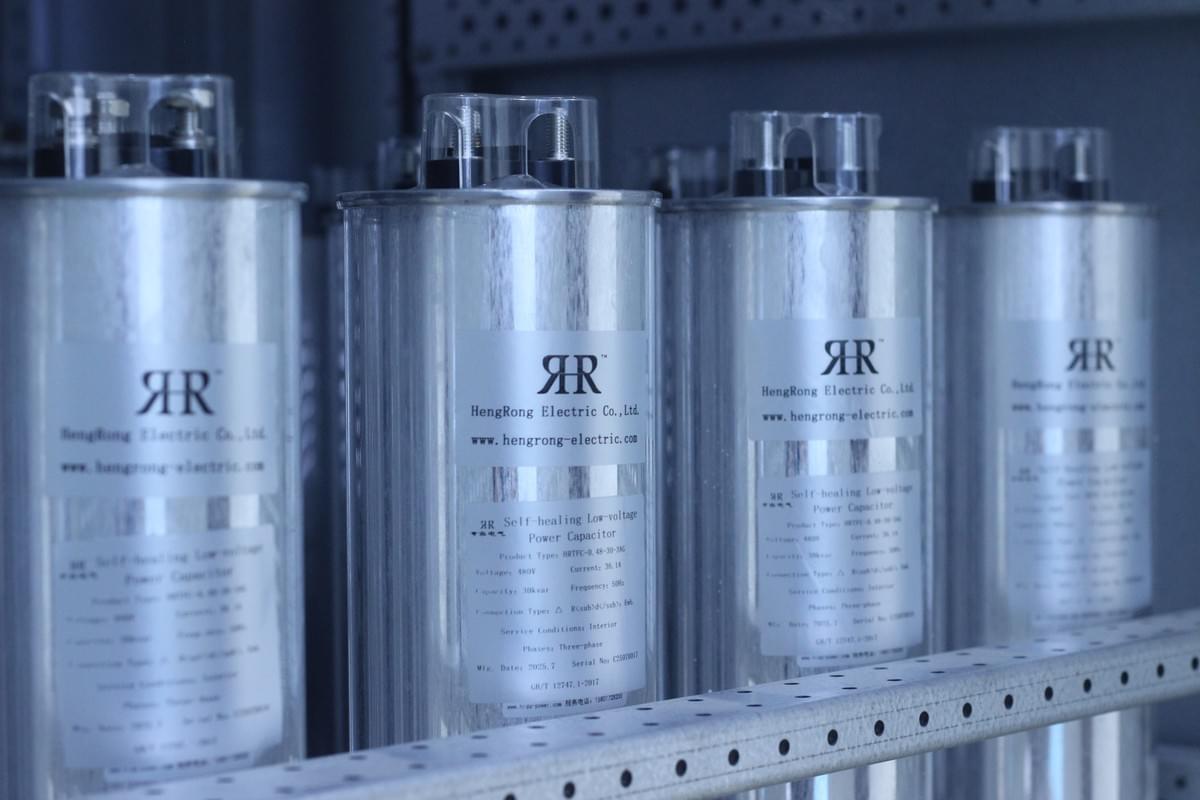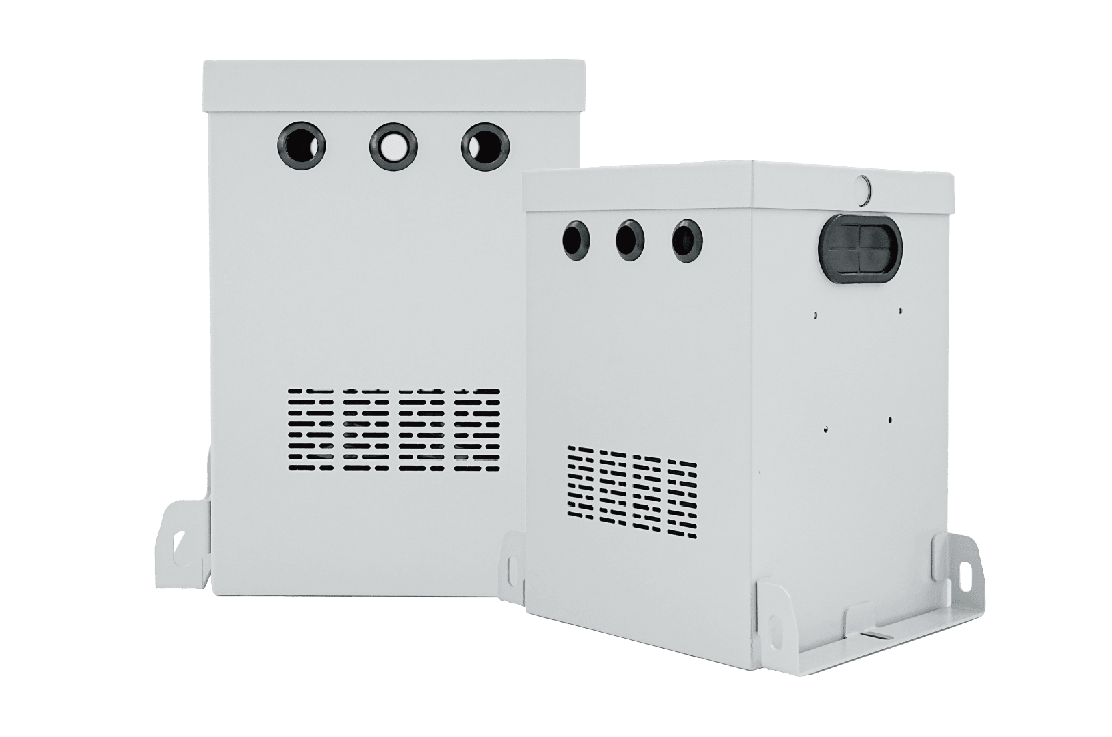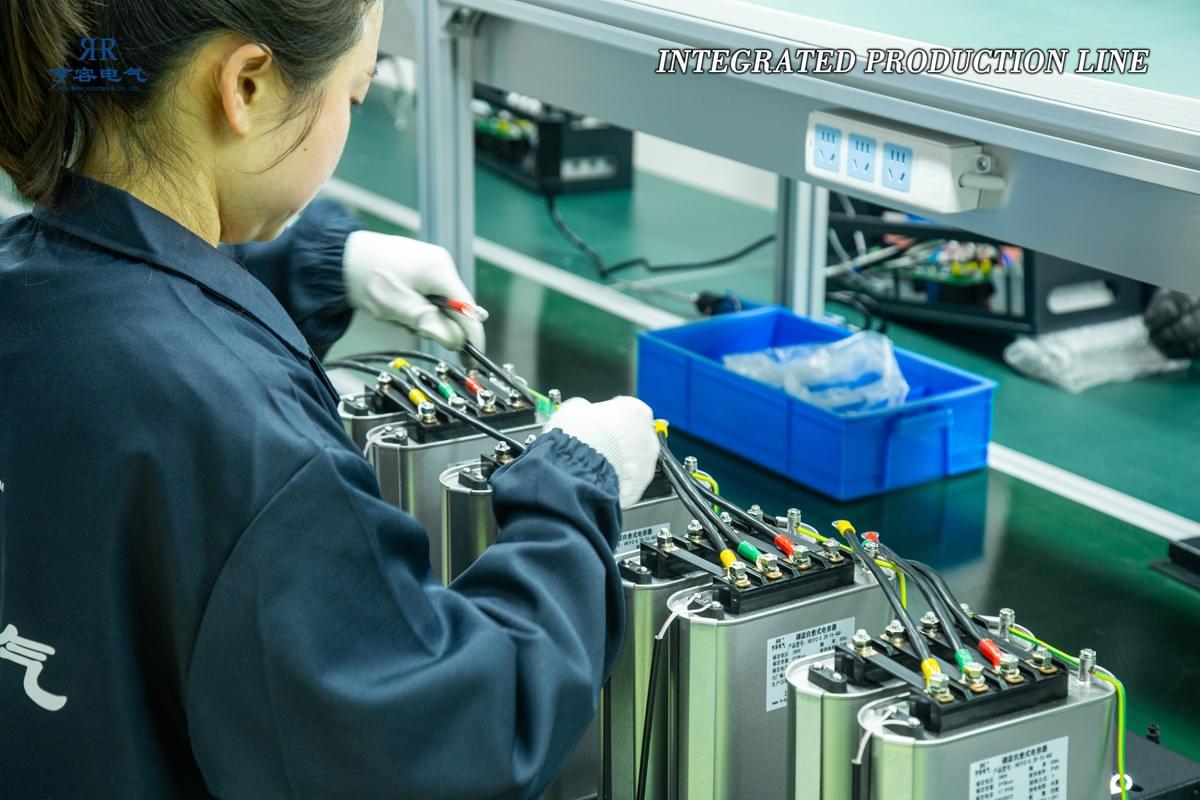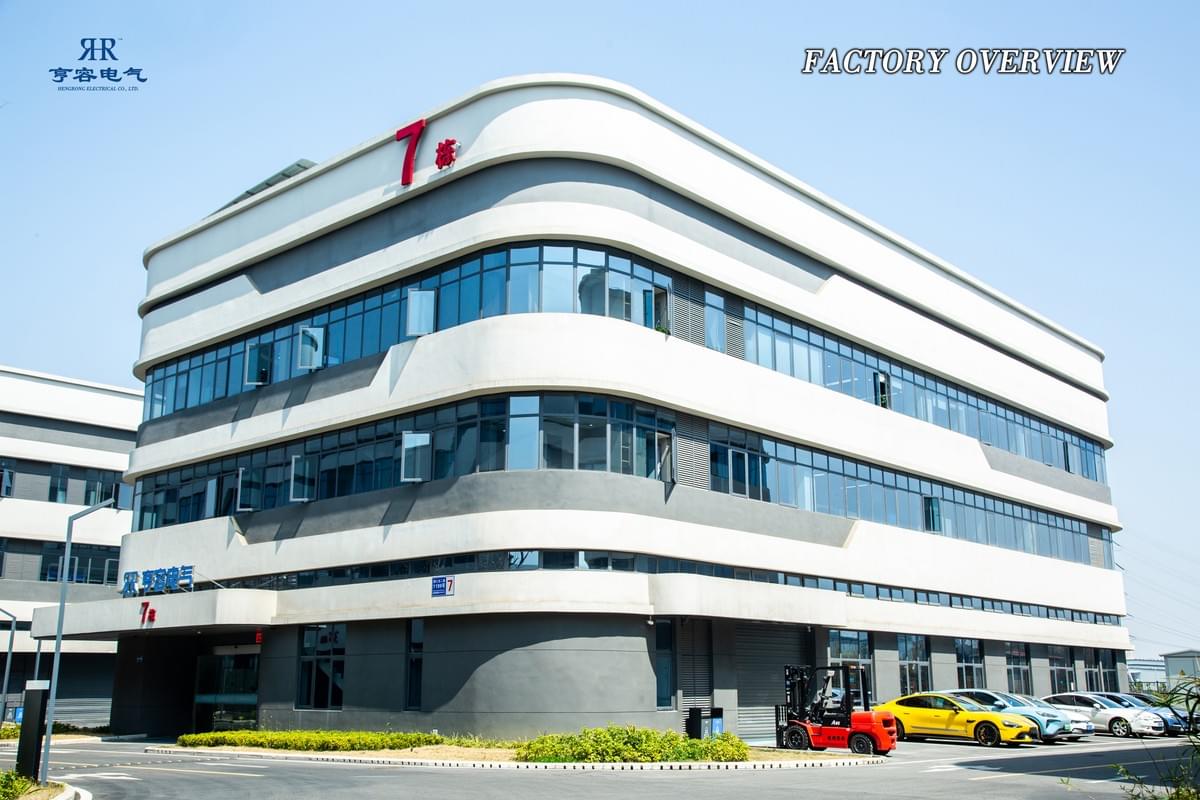In the daily operation of power systems, the 10kV distribution network, as an important link connecting power transmission and user terminals, is directly related to the electricity safety of thousands of households. Among the numerous equipment in the distribution network, capacitors play an indispensable role. They effectively compensate for the distributed inductive reactance of the line, reduce reactive power loss, and ensure the entire system operates efficiently and stably.
The Core Function of Capacitors: Improving the Operational Efficiency of Distribution Networks


In the process of power transmission, the generation of reactive power is inevitable, which not only increases the loss of electrical energy during transmission but also may cause voltage fluctuations, affecting the normal operation of electrical equipment. The main function of capacitors is to balance the voltage and current of the power grid by accurately compensating for the reactive power in the line, thereby reducing losses and improving power supply quality. Only under the right working conditions can capacitors give full play to their effectiveness and provide strong support for the stable operation of the distribution network.
Key Parameters for the Safe Operation of Capacitors


To ensure the long-term stable operation of capacitors, their operating parameters must be strictly controlled:
- Current Control: When the line current exceeds 20% of the rated current of the capacitor, its operation should be stopped immediately to avoid equipment damage due to overcurrent.
- Voltage Control: The actual working voltage must be controlled within 1.1 times the rated voltage; exceeding this range may cause the capacitor to break down and lead to faults.
- Temperature Control: The working environment temperature should be maintained within the suitable range of 0°C to 40°C. Excessively high or low temperatures will affect the performance and service life of the capacitor.
Scientific Maintenance Strategies for Capacitors

Doing a good job in the daily maintenance of capacitors is crucial to ensuring their long-term effective operation. Operation and maintenance personnel should conduct regular inspections, focusing on the following aspects:
- Check whether the capacitor's appearance has abnormalities such as bulging or scratches. Once problems are found, they should be handled promptly to prevent the expansion of faults.
- Keep the capacitor and its surrounding environment clean to avoid dust accumulation affecting the equipment's heat dissipation and performance.
- Regularly monitor the operating parameters of the capacitor to ensure that its current, voltage, and other indicators are within the normal range, and promptly detect and eliminate potential hazards.
Through scientific maintenance and management, giving full play to the reactive power compensation role of capacitors in the distribution network can not only improve the operational efficiency of the power system but also reduce the incidence of faults, providing more reliable power guarantees for users. We are always committed to doing a good job in the operation and maintenance of distribution network equipment with professional technology and a rigorous attitude, safeguarding the safe transmission of every kilowatt-hour of electricity.

Capacitor, Reactor, Static Var Generator, and Active Power Filter Supply
Hengrong Electric Co., Ltd.
www.hengrong-electric.com
